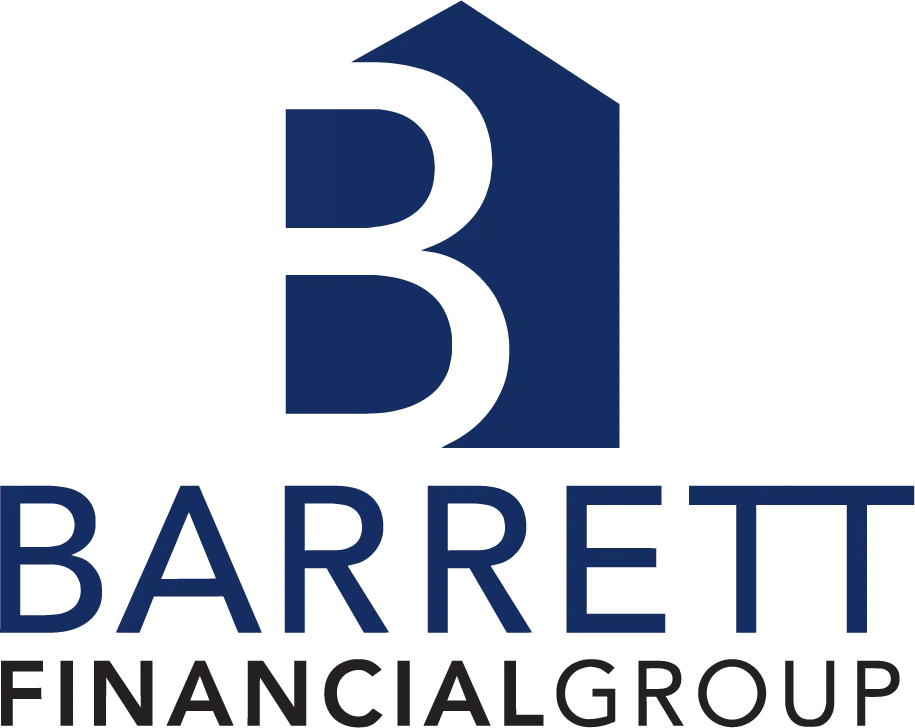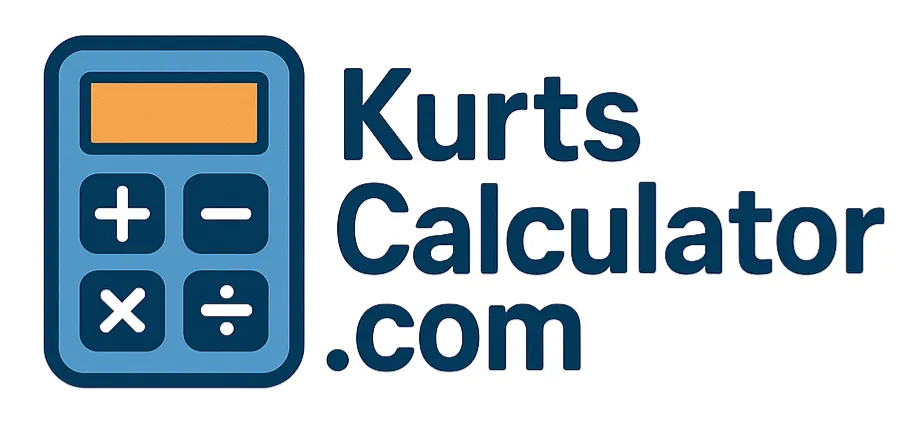Reverse Mortgage
A reverse mortgage is a unique type of home loan that allows eligible homeowners to convert a portion of their home equity into tax-free funds without selling their home or taking on monthly mortgage payments. Let's delve into the key aspects of reverse mortgages to help you make informed decisions about this financial option.
What is a Reverse Mortgage?
A reverse mortgage is a loan that allows homeowners aged 62 or older to leverage the equity they have built up in their homes over the years. Unlike a traditional mortgage, where you make monthly payments to a lender, a reverse mortgage pays you. The loan is repaid when the homeowner sells the home, moves out, or passes away.
Key Features:
No Monthly Mortgage Payments: One of the primary advantages of a reverse mortgage is that you are not required to make monthly mortgage payments. Instead, the loan is repaid when the home is sold.
Tax-Free Funds: The funds received from a reverse mortgage are typically tax-free, providing a valuable source of income during retirement.
Homeownership Retained: Contrary to common misconceptions, homeownership remains with the borrower. You still own your home and are responsible for property taxes, insurance, and maintenance.
Types of Reverse Mortgages:
Home Equity Conversion Mortgage (HECM): Insured by the Federal Housing Administration (FHA), HECM is the most common type of reverse mortgage, offering various payment options.
Proprietary Reverse Mortgages: Offered by private lenders, these are not insured by the government and may have different eligibility requirements and payout structures.
Eligibility Criteria:
To qualify for a reverse mortgage, homeowners must meet certain criteria:
Age Requirement: Typically, homeowners must be 62 or older.
Financial Assessment: Lenders may evaluate your financial situation to ensure you can meet ongoing obligations like property taxes and insurance.
Uses of Reverse Mortgages:
Supplement Retirement Income: Use the funds to enhance your financial security during retirement.
Cover Healthcare Expenses: Address medical bills or unexpected healthcare costs.
Home Improvements: Invest in home modifications or renovations to age in place more comfortably.
Considerations:
Interest Accrual: Interest accrues on the loan balance over time, potentially reducing the equity available to heirs.
Impact on Heirs: Heirs may have options to repay the loan and keep the home, but it's essential to communicate plans with family members.
Counseling Requirement: Before obtaining a reverse mortgage, borrowers are required to undergo counseling to ensure a clear understanding of the terms and implications.
Conclusion:
A reverse mortgage can be a valuable financial tool for eligible homeowners seeking additional income during retirement. Understanding the features, eligibility criteria, and potential considerations is crucial. If you are considering a reverse mortgage, we recommend consulting with a qualified financial advisor and exploring various options to determine if it aligns with your long-term financial goals.
This is not a commitment to lend. All loans are subject to credit approval. This information is not intended to be an indication of loan qualification, loan approval or commitment to lend. Other limitations may apply. No Tax Return loans products require other forms of income documentation and asset verification in lieu of tax returns. Not all applicants will qualify. Some products we offer may have a higher interest rate, more points or more fees than other products requiring more extensive or different documentation. Minimum FICO, reserve, and other requirements apply.
Kurt Raymond Kessler NMLS #365130 | Barrett Financial Group, L.L.C. NMLS #181106 | 2701 East Insight Way, Suite 150, Chandler, AZ 85286 | CA 60DBO-46052 & 41DBO-148702
Licensed by Dept. of Financial Protection & Innovation under the California Residential Mortgage Lending Act. Loans made or arranged pursuant to a California Financing Law License


Licensing | Legal | Privacy-Policy/Terms & Conditions | Accessibility Statement | NMLS Consumer Access | www.barrettfinancial.com
All Rights Reserved | Copyright © 2025


